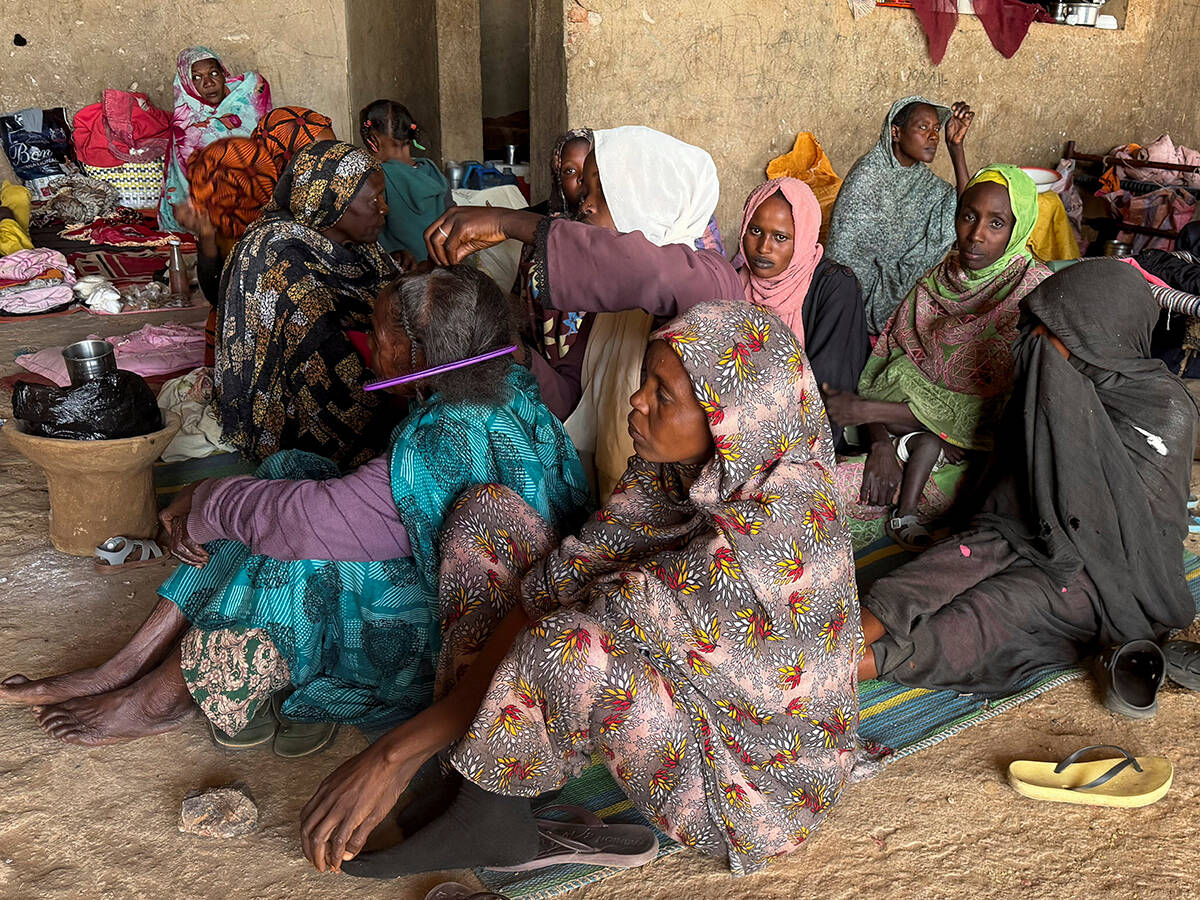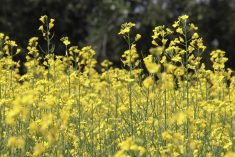The United States has taken a “backwards step” by reintroducing dairy export subsidies, the Cairns Group of agricultural exporting nations said on May 27, condemning the move.
The U. S. Agriculture Department said recently it would revive its dairy export subsidy program after five years of dormancy to help struggling farmers, saying European dairy export subsidies left it no choice.
The United States and European Union should review their decisions and withdraw the subsidies, said ambassadors from the 19-member Cairns Group, which includes dairy exporting heavyweights of Australia and New Zealand.
Read Also

Global humanitarian aid slashed by one-third
Humanitarian aid around the world was cut by a third in 2025 and Canada is one of the culprits.
“The U. S. and EU must show better leadership, particularly during this time of global financial and economic crises,” the ambassadors said in a statement.
“Subsidy wars only drive prices even lower, thereby delaying economic recovery further,” they said.
Australia’s trade minister, Simon Crean, has written separately to U. S. Agriculture Secretary Tom Vilsack saying the move was at odds with a promise by world leaders of the G20 group of wealthy nations to avoid protectionist measures.
“There’s no point turning up to G20 meetings, saying ‘let’s end protectionism’ and then join the protectionists,” Crean said.
Both the United States and European Union have said their subsidies complied with World Trade Organization rules.
WTO members have agreed to eliminate export subsidies by 2013 as part of the Doha round of negotiations, which has not yet concluded.
















